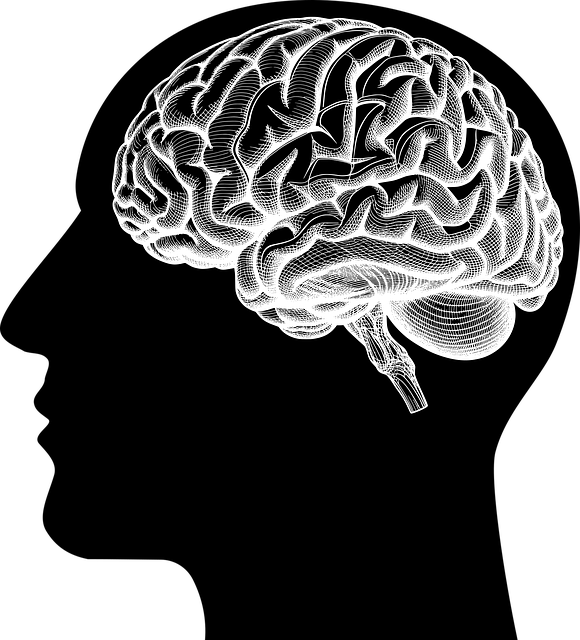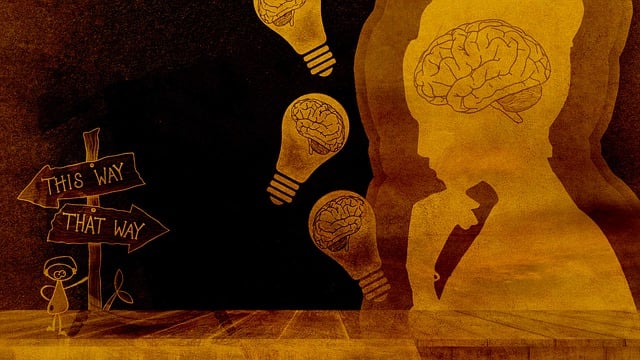Mental health advocacy through Denver Developmental Disability Therapy (DDDT) fosters positive change for individuals with developmental disabilities by raising awareness, challenging stigma, and promoting understanding. Their community-centric approach includes programs like Mindfulness Meditation, Mental Health Education, Social Skills Training, and Trauma Support Services. DDDT empowers clients through mental wellness journaling and risk management planning for healthcare providers, contributing to a supportive network that enhances well-being. Measuring impact is crucial for continuous improvement, ensuring effective support tailored to individual needs.
Mental health advocacy initiatives play a pivotal role in fostering societal change and improving access to support. This article delves into the essential aspects of mental health activism, exploring its impact on marginalized communities. We highlight the unique contributions of Denver Developmental Disability Therapy (DDDT) in community outreach, showcasing their dedication to spreading awareness.
Through strategic discussions, we offer insights into effective advocacy methods, providing a roadmap for organizations like DDTT. Additionally, we present inspiring success stories and glimpse into future directions, emphasizing the ongoing evolution of mental health advocacy.
- Understanding Mental Health Advocacy: A Cornerstone for Change
- The Role of Denver Developmental Disability Therapy in Community Outreach
- Strategies for Effective Mental Health Advocacy Initiatives
- Measuring Impact: Success Stories and Future Directions for Advocacy Programs
Understanding Mental Health Advocacy: A Cornerstone for Change

Mental health advocacy is a powerful force for positive change, particularly when it comes to addressing the unique needs of individuals with developmental disabilities in Denver. It involves raising awareness, challenging stigma, and promoting understanding to ensure everyone receives the support they deserve. At its core, advocacy means amplifying the voices of those who may struggle to be heard, whether due to mental health challenges or other barriers.
By championing Mental Health Awareness and implementing programs like Mindfulness Meditation, Denver Developmental Disability Therapy centers can foster an inclusive environment. These initiatives empower individuals to manage their well-being, break down societal misconceptions, and encourage early intervention—crucial steps in creating a more supportive and accepting community. A well-designed Mental Health Education Program can be a game-changer, equipping people with the knowledge and skills to recognize signs of distress and offer assistance.
The Role of Denver Developmental Disability Therapy in Community Outreach

Denver Developmental Disability Therapy (DDDT) plays a pivotal role in community outreach, extending its expertise beyond traditional therapy settings. They actively engage with local communities to raise awareness about mental health, particularly among individuals with developmental disabilities. Through various programs and workshops, DDDT offers valuable resources such as Social Skills Training, focusing on enhancing interpersonal interactions and fostering a sense of belonging.
Beyond individual support, the organization provides Trauma Support Services, acknowledging that many in the community face unique challenges. They also contribute to burnout prevention strategies for healthcare providers, ensuring that those dedicated to mental health support remain resilient and effective. DDDT’s outreach efforts create a network of support, promoting inclusive environments and overall well-being within the community.
Strategies for Effective Mental Health Advocacy Initiatives

Mental health advocacy initiatives require a multi-faceted approach to create meaningful change and improve access to care. One effective strategy is to empower individuals with mental wellness journaling exercises, enabling them to track their progress, identify triggers, and develop coping mechanisms tailored to their unique needs. This practice fosters self-awareness and promotes personal growth while reducing symptoms of anxiety and depression.
Additionally, risk management planning for mental health professionals is essential. By implementing effective stress reduction methods, therapists and advocates can mitigate burnout and ensure they are equipped to support clients effectively. Such strategies include mindfulness techniques, regular supervision, and clear boundaries, contributing to a healthier professional environment that indirectly benefits the individuals they serve, especially those in Denver Developmental Disability Therapy settings.
Measuring Impact: Success Stories and Future Directions for Advocacy Programs

Measuring impact is a crucial aspect of any advocacy program, especially when it comes to mental health initiatives. By evaluating success stories and identifying key indicators, Denver Developmental Disability Therapy can gain valuable insights into the effectiveness of its advocacy efforts. This process allows for continuous improvement and ensures that resources are allocated efficiently to support those with developmental disabilities facing mental health challenges.
Success stories often highlight the positive transformations in individuals’ lives through therapy sessions, public awareness campaigns, and coping skills development. These narratives serve as powerful tools to inspire further action and drive future directions. For instance, increased self-awareness exercises and community engagement can lead to better support systems and improved access to mental health resources for people with developmental disabilities. This data-driven approach enables advocacy programs to adapt strategies, target specific needs, and ultimately enhance the well-being of their clientele.
Mental health advocacy initiatives, as highlighted by Denver Developmental Disability Therapy’s community outreach, play a pivotal role in fostering inclusive communities. By employing effective strategies and measuring impact through success stories, these programs revolutionize mental healthcare accessibility. Looking ahead, continued advocacy efforts will be crucial in ensuring that everyone receives the support they need, ultimately enhancing overall well-being and societal tapestry.














